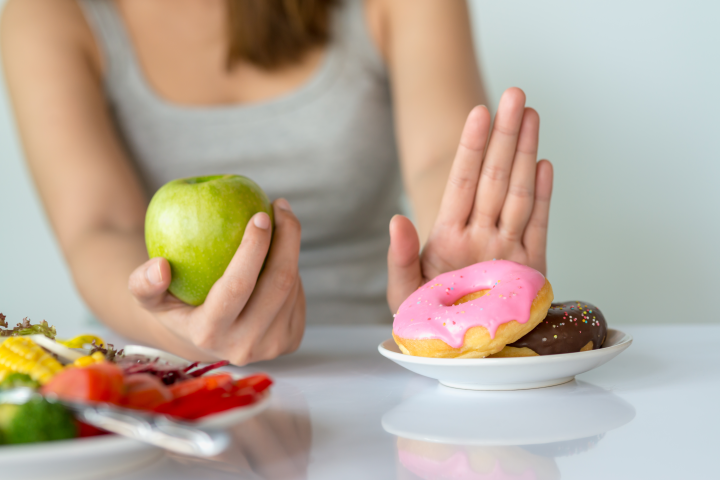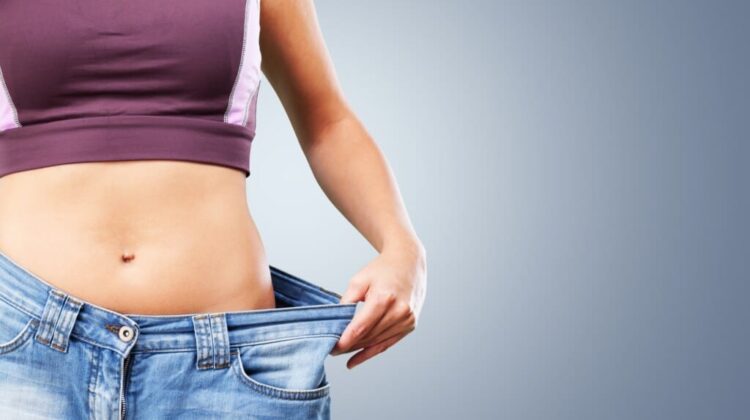Losing weight can be a challenging journey, especially for women who face unique physiological and hormonal factors. A successful weight loss diet for females needs to be nutrient-rich, sustainable, and tailored to support metabolism and hormonal balance.
This article provides a comprehensive overview of the best diet plan for weight loss for females, including what to eat, what to avoid, and how to build long-term healthy habits.
Why Female Weight Loss is Different
Women often experience:
Hormonal fluctuations (menstruation, pregnancy, menopause)
Lower muscle mass, leading to a slower metabolism
Higher fat storage for reproductive function
Increased risk of iron and calcium deficiencies
Therefore, a one-size-fits-all approach doesn’t work. Women need a diet that supports hormonal health, nutrient balance, and steady fat loss without drastic deprivation.

Key Principles of a Female Weight Loss Diet
1. Create a Moderate Calorie Deficit
To lose weight, you must burn more calories than you consume. A safe deficit is about 500 calories per day, resulting in 1–2 pounds of weight loss per week.
Avoid crash diets — they can harm metabolism and cause hormonal imbalances.
2. Prioritize Protein
Protein builds and preserves lean muscle, which boosts metabolism and keeps you fuller for longer.
Target: 20–30 grams of protein per meal
Sources: Eggs, chicken, tofu, lentils, Greek yogurt, cottage cheese
3. Include Healthy Fats
Fats support hormone production, brain health, and satiety.
Sources: Avocados, nuts, seeds, olive oil, fatty fish (like salmon)
4. Choose Complex Carbohydrates
Don’t fear carbs — just choose the right ones. Complex carbs provide energy and fiber.
Sources: Brown rice, quinoa, oats, sweet potatoes, fruits, vegetables
5. Stay Hydrated
Water supports metabolism, digestion, and appetite control.
Goal: 2.5 to 3 liters per day
6. Boost Fiber Intake
Fiber improves digestion and helps you feel full longer.
Sources: Whole grains, vegetables, fruits, legumes, chia seeds
Sample 7-Day Meal Plan for Female Weight Loss
Day 1
Breakfast: Greek yogurt with berries and flaxseeds
Lunch: Grilled chicken salad with olive oil dressing
Snack: Apple with almond butter
Dinner: Baked salmon, quinoa, steamed broccoli
Day 2
Breakfast: Oatmeal with banana and cinnamon
Lunch: Turkey lettuce wrap with avocado
Snack: Boiled eggs and carrot sticks
Dinner: Stir-fried tofu with brown rice and veggies
(Continue with similar structure: high-protein meals, fiber-rich veggies, and healthy fats)
Foods to Limit or Avoid

Sugary drinks (soda, sweetened coffee/tea)
Highly processed foods (chips, pastries, fast food)
Refined carbs (white bread, pasta, white rice)
Trans fats (found in processed snacks)
Alcohol (adds empty calories, disrupts metabolism)
Lifestyle Tips to Support Your Diet
Exercise regularly: Combine strength training and cardio (3–5 days/week)
Sleep 7–9 hours: Poor sleep disrupts hunger hormones
Reduce stress: High cortisol can lead to fat storage
Track progress: Use a food journal or app to stay consistent
Mindset Matters
Long-term weight loss isn’t about restriction — it’s about consistency and lifestyle change. Fad diets may offer quick fixes but usually result in rebound weight gain.
Focus on healthy habits, not perfection. Aim for progress, not punishment.
Conclusion

The best diet plan for weight loss for females is one that’s nutrient-dense, well-balanced, and easy to follow long-term. It should support not just weight loss, but also overall well-being — including energy levels, hormonal health, and emotional balance.
If you’re unsure where to start or have specific health concerns, consider consulting a registered dietitian or nutritionist for personalized guidance.

